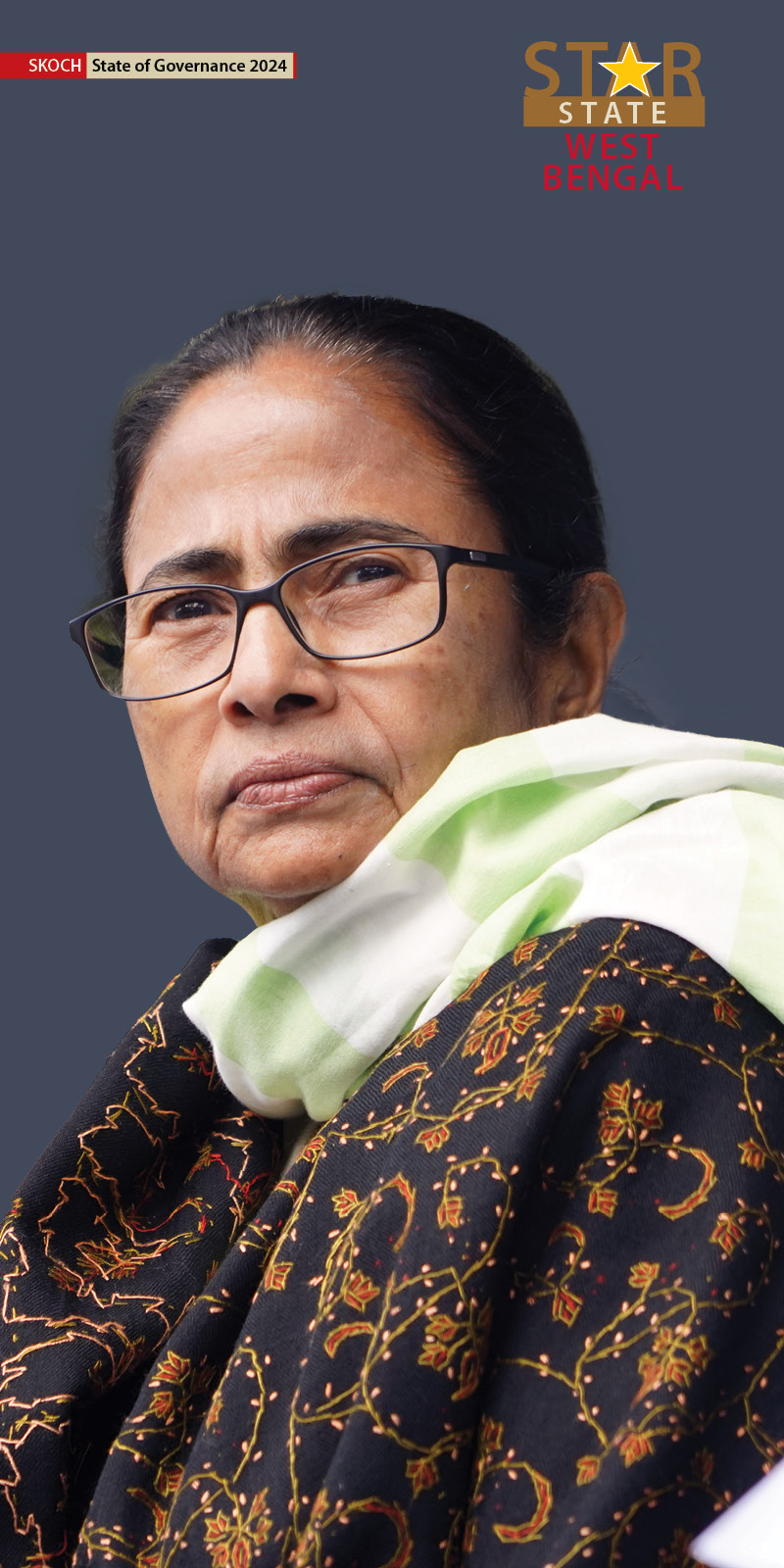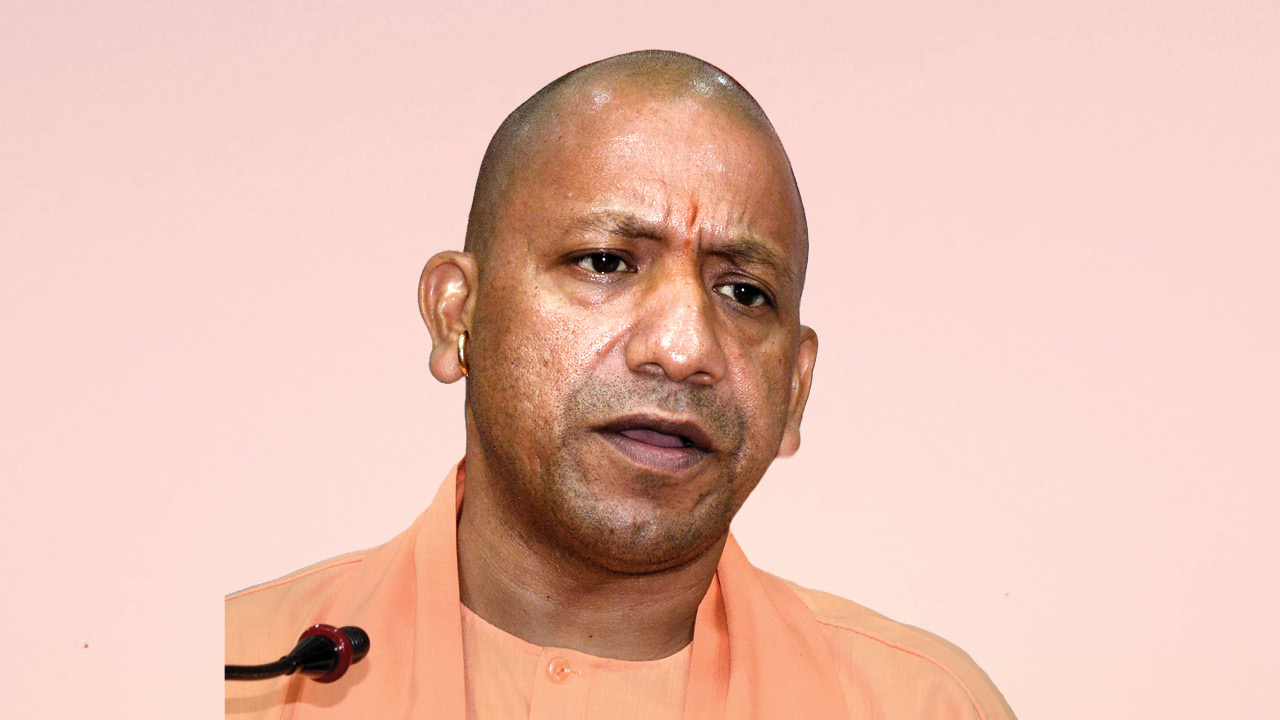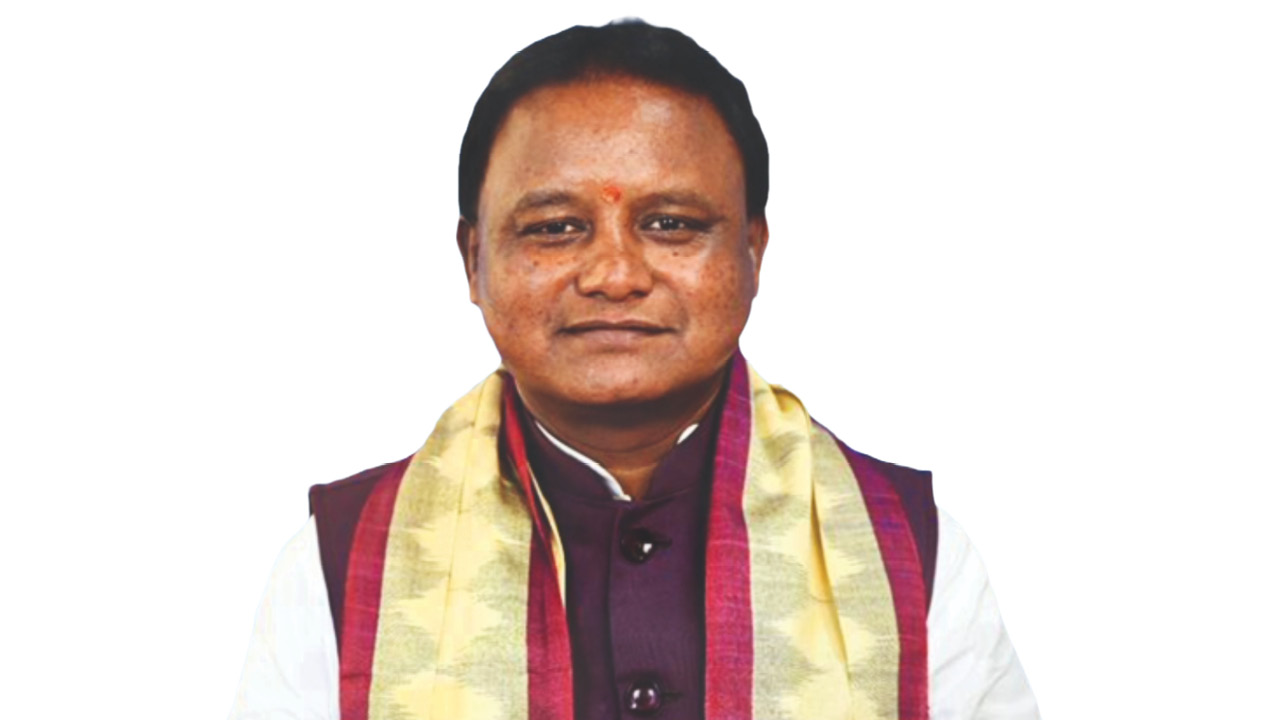West Bengal has reaffirmed its position as a top-performing state, securing the #5 rank in the State of Governance Report 2024. The state has made notable strides in sectoral improvements and strategic policy interventions driving its resurgence. With 17 well-performing projects, including five highly impactful and six impactful initiatives, West Bengal continues to demonstrate its commitment to reform-driven governance.
It is observed that the ranking trajectory reflects a dynamic performance, peaking at 1st place in 2018 before stabilising at 2nd in 2021-2022. A significant downturn in 2016 (17th place) was followed by a strong recovery. However, the decline to 5th in 2024 suggests shifting competitive dynamics.
The state has excelled in Ease-of-Doing Business and Horticulture, securing the top national rank in both categories. Additionally, Police & Safety and Forest Governance have seen significant improvements, ranking #2 and #3 nationally, respectively.
A strong comeback has also been recorded in Urban Development and e-Governance, where the state ranks #2 and #4, respectively. These advancements reflect a focused policy approach, ensuring efficiency in service delivery and governance innovation.
Despite participating for the first time in 2024, West Bengal achieved top rankings nationally, securing 1st place in Horticulture and 4th place in Revenue. This reflects the state’s emerging leadership, effective governance and potential for sustained growth in these key sectors.
As can be seen in Figure 1, Police & Safety saw a major rise from 7.5% (2022) to 23.53% (2024), indicating growing focus. Ease-of-Doing Business and e-Governance also improved. Other sectors, including Urban Development, Revenue and Horticulture, maintained moderate but steady contributions, reflecting balanced governance priorities over the years.
However, fiscal sustainability remains a pressing concern for the state. As per the NITI Aayog Fiscal Health Index 2025, West Bengal is categorised among the aspirational states, facing low revenue mobilisation, rising debt burdens and persistent fiscal deficits.
Despite governance progress, the state must improve financial prudence, enhance capital expenditure efficiency and optimise revenue generation to support long-term stability.
For West Bengal to further strengthen its national standing in governance, it must scale up high-impact projects, deepen district-level engagement and implement fiscal reforms that balance development goals with financial sustainability.
By addressing these key areas, the state can reinforce its governance leadership while ensuring resilient economic and administrative progress.
State's Performance in Different Sectors in Three Years
| Sector | 2024 | 2023 | 2022 |
|---|---|---|---|
| Ease-of-Doing Business | 1 | 4 | 1 |
| Horticulture | 1 | ||
| Police & Safety | 2 | 4 | 8 |
| Urban Development | 2 | 5 | |
| Forest | 3 | 4 | 1 |
| e-Governance | 4 | 11 | |
| Revenue | 4 | ||
| General Administration | 5 | 2 | 7 |
| District Governance | 6 | 3 | 13 |
| Power & Energy | 7 | 2 | 5 |
Rent Control Management System (RCMS)
The RCMS digitised and automated rent payment processes, enhancing transparency and efficiency. Tenants can now pay rent online and landlords receive instant payment updates.
The system provides easy access to court case details and certified documents, reducing office visits, adding to the ease of dealing with the system. Currently operational in Kolkata, the RCMS plans to expand statewide with enhanced features and mobile compatibility.
Green Firecracker Licensing Project
West Bengal launched the Green Firecracker Licensing project in August 2023 to streamline and digitise the licensing process for eco-friendly firecracker manufacturers and sellers. With over 1,100 licenses issued, the project ensures compliance with safety and environmental standards, reducing pollution, enhancing public safety and increasing transparency. Despite challenges like resistance to change and regulatory complexity, the system offers scalability and serves as a model for other states.
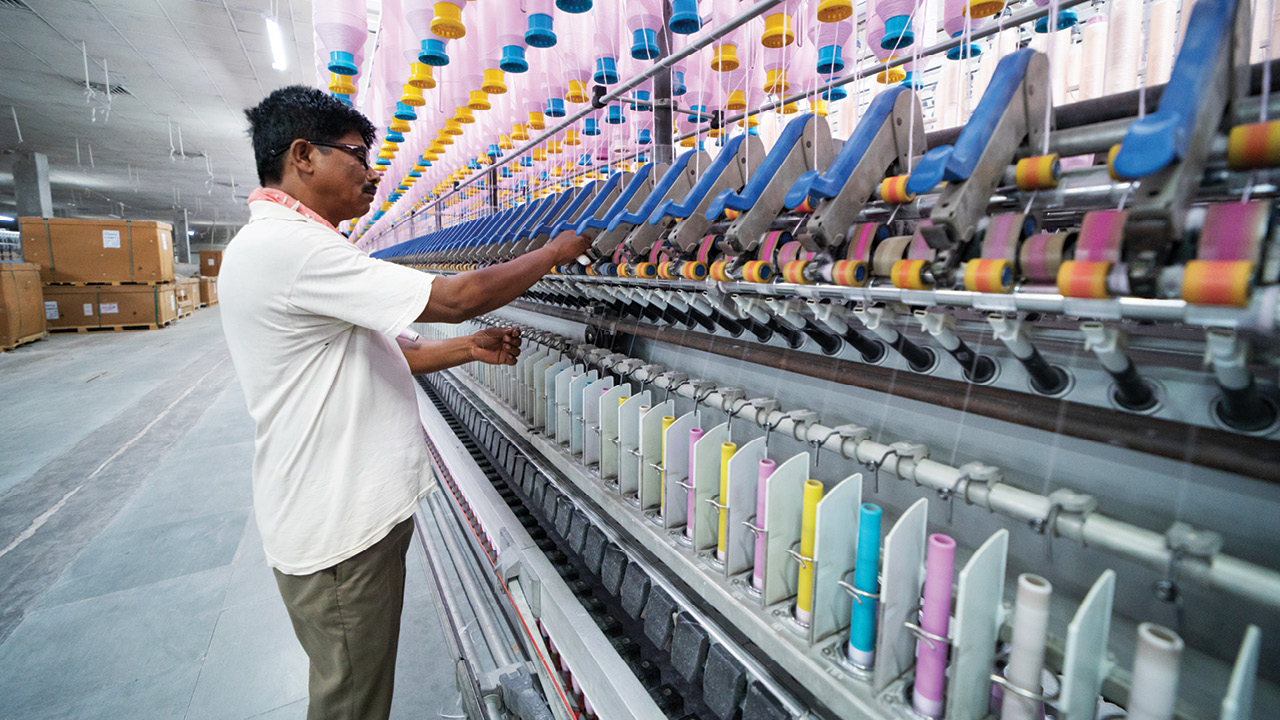
MARREG
West Bengal’s Digital Marriage Registration System - The MARREG portal, launched on 1 December 2018, revolutionised marriage registration under the Special Marriage Act (1954) and the Hindu Marriage Act (1955). Since 1 June 2019, online registration has been mandatory, preventing polygamy, child marriage and fraudulent registrations. Over 900,000 marriages have been registered, ensuring legal recognition and revenue transparency. Digital record-keeping enhances searchability and speeds up certificate issuance. Despite manpower shortages and Internet connectivity issues, plans for Aadhaar integration and biometric authentication aim to strengthen the system further.
DIY Kits for Protected Cultivation in Hilly Regions
The project was implemented in the hilly regions of Darjeeling and Kalimpong in West Bengal and aimed to empower small and marginal farmers to cultivate high-value horticultural crops, such as vegetables and flowers, under controlled conditions. The primary objective was to help farmers overcome the challenges posed by limited land, harsh weather conditions and crop damage from animals and birds.
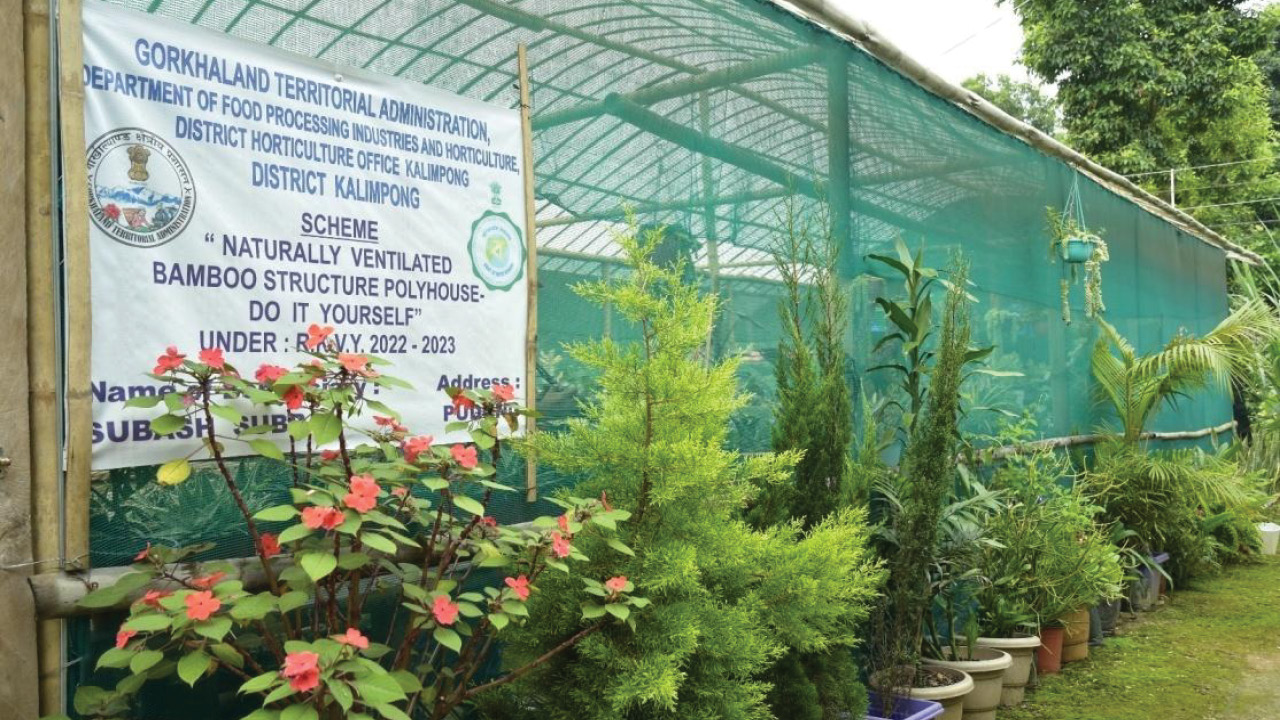
Under the project 2,513 DIY kits were distributed to farmers, covering a total of 251,300 sqm. Each kit contained materials like polyfilms, shade nets and drip irrigation systems, which, combined with training on polyhouse construction using local bamboo, allowed farmers to build their own polyhouses. This approach reduced upfront costs and made protected cultivation accessible to farmers who previously could not afford the required 50% contribution under government schemes. Key outcomes included increased crop production, improved livelihoods due to better crop quality, higher market prices and more sustainable farming practices. The project also enhanced farmers’ resilience to climate change by enabling year-round cultivation.
While challenges such as logistical issues and limited outreach persisted, the project demonstrated the potential for scalable and sustainable agricultural solutions. It holds promise for replication in other hilly regions of India, offering a model for empowering farmers in similar conditions.
Gyanalay Uttar Dinajpur: Transforming Education
Launched on 10 January 2024, by the District Administration of Uttar Dinajpur, the Gyanalay Uttar Dinajpur initiative aims to improve education quality, reduce dropouts and create an engaging learning ecosystem in a district, with one of India’s lowest literacy rates (59.1%).
The initiative addresses high dropout and child marriage rates, inadequate school infrastructure and outdated teaching methods.
Key strategies include smart classrooms with interactive display boards, teacher training programmes, digital attendance tracking and structured lesson planning. Schools have been equipped with libraries, book banks, playgrounds, sanitation facilities and rooftop solar plants. Special attention is given to inclusive education for Children with Special Needs (CWSN), peer learning groups and mentorship programmes.
The initiative has increased student attendance, improved learning outcomes and reduced school dropouts. Despite challenges like financial constraints and resistance to change, strong stakeholder collaboration and community involvement have ensured its success.
With a scalable, cost-effective model, Gyanalay Uttar Dinajpur serves as a blueprint for improving education in other low-literacy regions. Future plans include AI-driven monitoring systems and enhanced support for inclusive education, making it a sustainable model for educational transformation.
Grid-Connected Rooftop Solar PV Power Plant in Schools
West Bengal’s Non-Conventional & Renewable Energy Sources Department initiated the Grid-Connected Rooftop Solar PV Power Plant project in schools to reduce electricity costs and promote clean energy.
Since February 2023, 3,023 schools have received 10 kWp solar systems, generating 1.4 million units annually and reducing CO2 emissions by 11,620 Ktons.
Schools save between ₹4,000 and ₹15,000 monthly, redirecting funds toward educational improvements. Challenges like cyclone resilience and grid stability were addressed through customised mounting structures and smart metering.
Figure 1: Sectors with Enhanced Focus - West Bengal

DASHABHUJA: Ensuring Women’s Safety 360°
Launched by Bongaon Police District on 8 March 2024, DASHABHUJA employs a multi-pronged approach to women’s safety inspired by Goddess Durga’s ten arms. The initiative improved emergency response times from over 30 minutes to under 10 minutes through the Rakshak initiative. The NIRIKSHA security audit identified vulnerabilities, while the SHAKTI self-defense programme trained thousands of school and college girls. The JAGRITI awareness campaign educated the community on cybercrime and domestic violence and PRATISHTHA recognised contributors to women’s safety. Challenges included resource constraints and rapid training execution, but strategic planning and stakeholder participation ensured success. Future plans include a dedicated mobile app.
VAARTA |
Two-way Communication
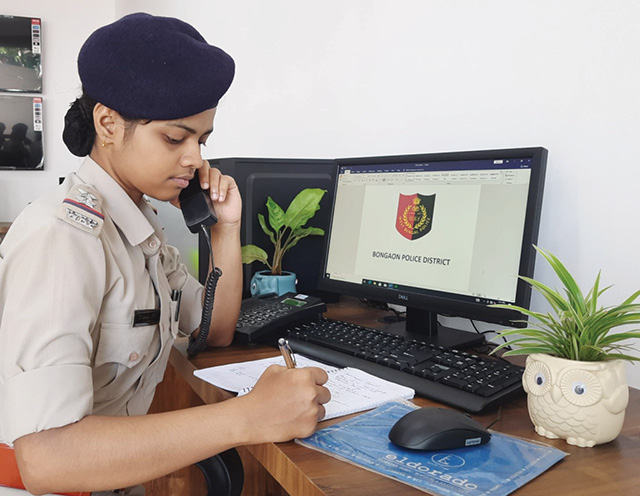
Conducted in collaboration with Bhagwan Mahaveer Viklang Sahayata Samiti (BMVSS), the initiative provides free aids like Jaipur artificial limbs, wheelchairs and hearing aids to over 10,000 marginalised beneficiaries, including minorities and Scheduled Castes (SC) and Scheduled Tribes (ST).
The programme addresses critical issues such as limited access to disability aids, economic barriers and awareness gaps, particularly in rural areas. Camps were organised from 17 January to 9 February 2024, with proper logistical support, including transportation and meals for beneficiaries.
NITI SATATA |
Legal Action & Ensuring Justice
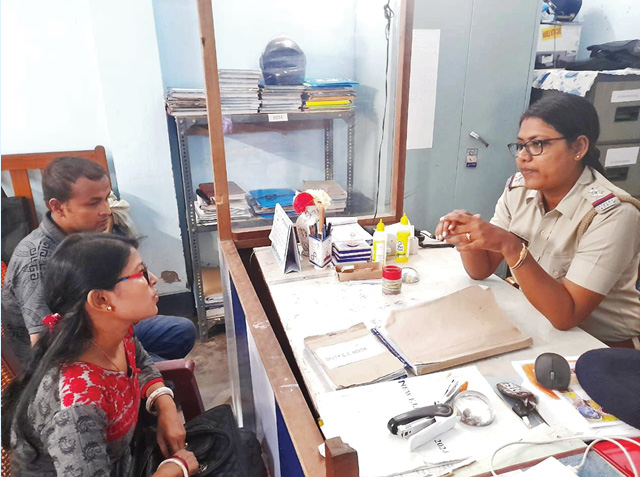
Specialised doctors and experts customised the aids according to individual needs, greatly enhancing mobility and independence.
The initiative fostered greater community awareness, empathy and inclusivity, allowing PwDs to actively participate in society.
AWARENESS CAMPAIGNS
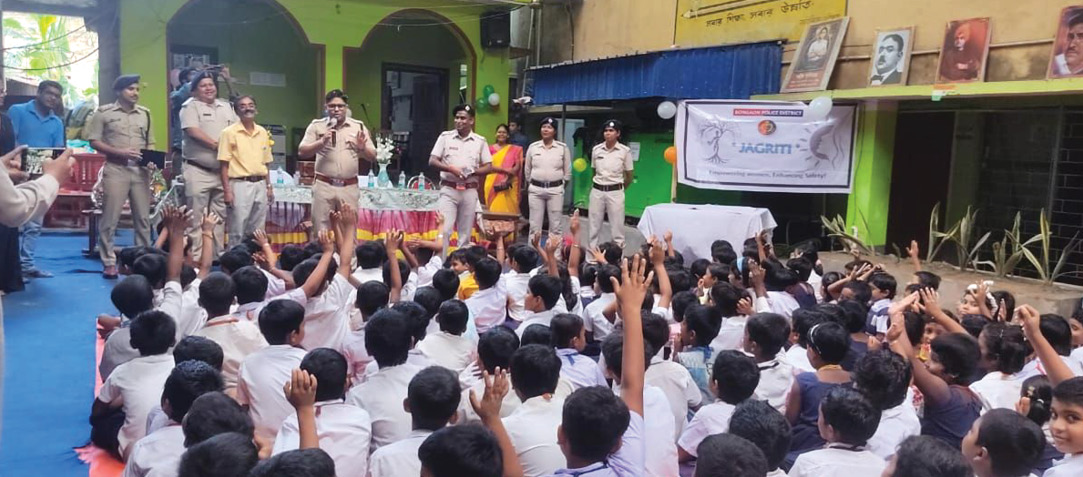
Despite challenges like beneficiary identification and transportation logistics, the project successfully enhanced the lives of thousands, promoting social inclusion and improving access to resources.
With plans for future camps and increased outreach, the initiative is a model for empowering PwDs and ensuring equal opportunities for all.
SAHAY App & West Bengal Cyber Crime Prevention & Response
The Purulia District Police launched the SAHAY App to enhance public safety by enabling real-time police assistance through an SOS feature. This facilitates immediate response during emergencies, including traffic accidents and crimes, improving accountability and monitoring. The app is set to expand to iOS, broadening its reach. Additionally, the West Bengal Cyber Crime Wing (WB-CCW) established a Bank Follow-up Team in May 2024 to combat rising cyber fraud cases, which increased from 14,498 in 2022 to 30,657 in 2023, marking a 111.47% rise. Victims report fraud via the 1930 Cyber Helpline and the team coordinates with banks to freeze and recover funds in real-time. Since its inception, the initiative has prevented losses exceeding₹120 crore, improving the lien percentage from 8.25% to 14.92%. Future plans include the introduction of Lok Adalat sessions for faster financial dispute resolutions.

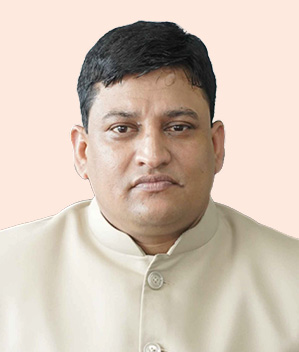
Saksham Uttar Dinajpur Empowering Persons with Disabilities
The “Saksham Uttar Dinajpur” initiative launched by the Uttar Dinajpur District Administration, focuses on improving the quality of life for Persons with Disabilities (PwDs) and Children with Special Needs (CWSNs).
Conducted in collaboration with Bhagwan Mahaveer Viklang Sahayata Samiti (BMVSS), the initiative provides free aids like Jaipur artificial limbs, wheelchairs and hearing aids to over 10,000 marginalised beneficiaries, including minorities and Scheduled Castes (SC) and Scheduled Tribes (ST).
The programme addresses critical issues such as limited access to disability aids, economic barriers and awareness gaps, particularly in rural areas. Camps were organised from 17 January to 9 February 2024, with proper logistical support, including transportation and meals for beneficiaries.
Specialised doctors and experts customised the aids according to individual needs, greatly enhancing mobility and independence.
The initiative fostered greater community awareness, empathy and inclusivity, allowing PwDs to actively participate in society.
Despite challenges like beneficiary identification and transportation logistics, the project successfully enhanced the lives of thousands, promoting social inclusion and improving access to resources.
With plans for future camps and increased outreach, the initiative is a model for empowering PwDs and ensuring equal opportunities for all.

Empowering Artisans through a Centralised Digital Platform
The Centralised Artisan Enlistment Portal was introduced to address the challenges faced by traditional artisans, including a lack of formal recognition, limited market access and financial barriers.
The platform aimed to empower artisans by providing formal recognition through Artisan Cards, access to government support and expanded market opportunities.
The project was launched in August 2023 by Chief Minister Mamata Banerjee. The platform has already registered over 45,000 artisans and 58,500 weavers who are directly getting the benefit.
The initiative targets over 100,000 artisans across the state and includes features like a bilingual interface, real-time application tracking and a centralised database.
These efforts help artisans gain access to government subsidies, loans and market linkages, all while preserving the region’s rich cultural heritage.
Key outcomes include improved socio-economic conditions for artisans, increased market visibility and enhanced financial inclusion. Despite challenges such as digital literacy, data validation and inconsistent Internet connectivity, the platform is making significant strides in recognising and supporting the artisanal community.
This initiative’s scalability makes it a model for replication in other states of India, potentially driving economic growth, promoting entrepreneurship and preserving traditional crafts on a national scale.
